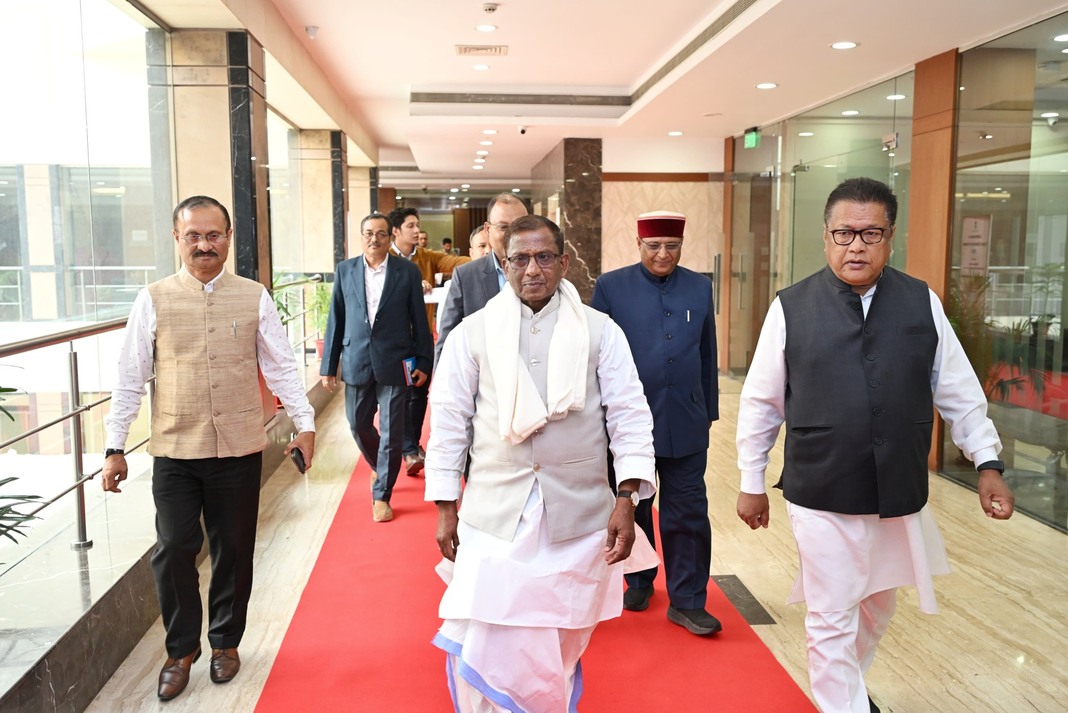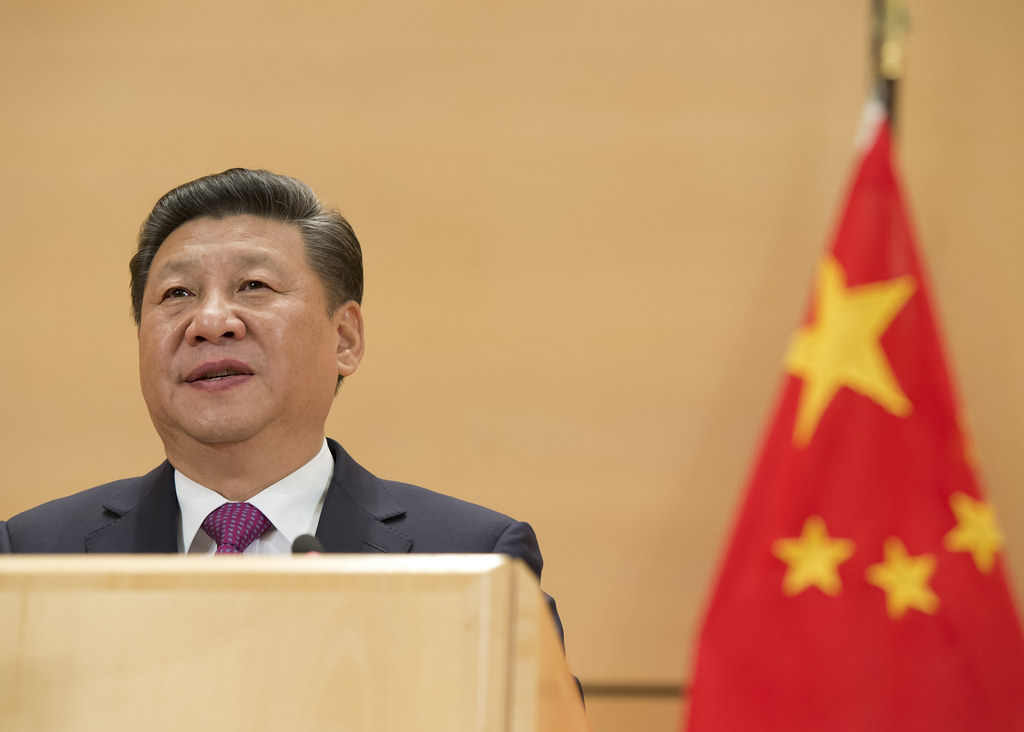Guwahati, Oct 19: Assam Governor Lakshman Prasad Acharya has stressed on making education based on creative and critical thinking, and said it should not be confined to theoretical knowledge.
Speaking at the valedictory session of the North East Education Conclave 2025 here on Saturday, Acharya said the National Education Policy (NEP), 2020, is a timely step in preparing students for the present times.
The conclave, organised by the Pragjyotispur University to mark its foundation day, brought together educationists, policy thinkers and academic stakeholders to deliberate on transformative educational strategies for the Northeast in light of the NEP.
Addressing the valedictory session, the governor highlighted the transformative power of knowledge and wisdom that only education can instill in human beings.
He maintained that NEP 2020 is a foundational step toward the vision of ‘Viksit Bharat@2047’.
Acharya said the timing of the conclave is relevant, as it aligned with the nation’s educational aspirations and its push toward a self-reliant, innovation-driven economy.
Reflecting on India’s ancient legacy as a global knowledge leader, the governor referred to renowned institutions such as Takshashila, Nalanda and Vikramshila, where education was not confined to material pursuits, but was a holistic tool for building character, nurturing holistic views and advancing global welfare.
He stressed that the students of present times no longer seek only theoretical learning, instead, they aspire to gain critical, experimental and creative understanding through real-life experiences and technology-enabled environments.
He advocated for smart classrooms, digital libraries, open e-learning platforms and greater community engagement as essential components of 21st-century education.
Highlighting Assam’s role in NEP implementation, the governor said all universities in the state have already started imparting sizeable quantum of their curriculum through field-driven, experiential and project-based learning.
In disciplines such as social sciences and commerce, nearly 20 per cent of course content has been adapted to address local societal needs, he added.
Speaking on the challenges of the 21st century such as climate change, energy needs, health crises and social cohesion, Acharya underscored the necessity of preparing students not merely as job seekers, but as responsible, innovative solution-providers and entrepreneurs. (PTI)




